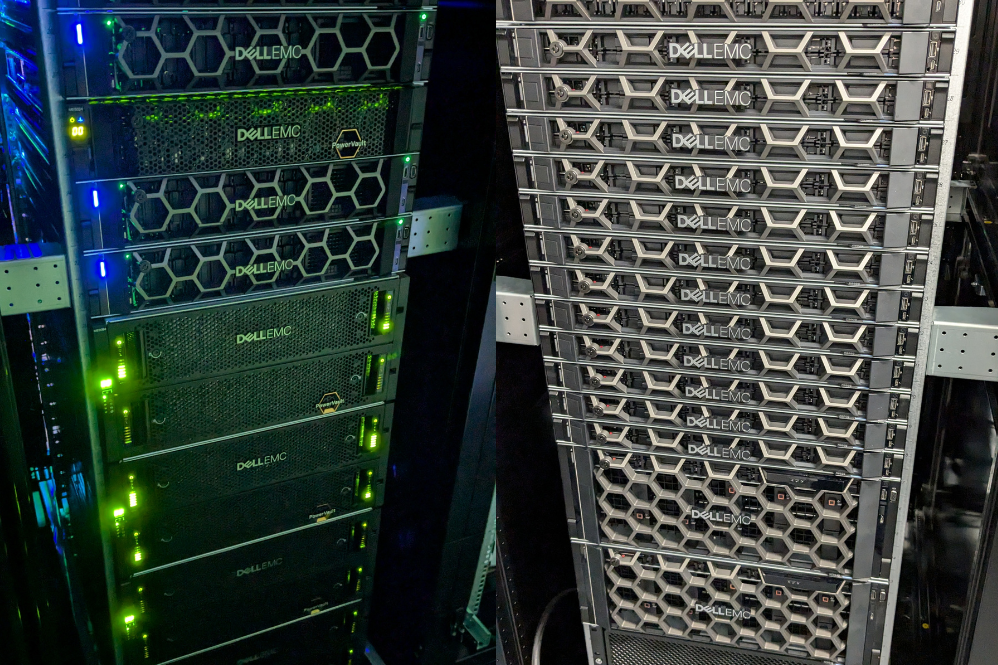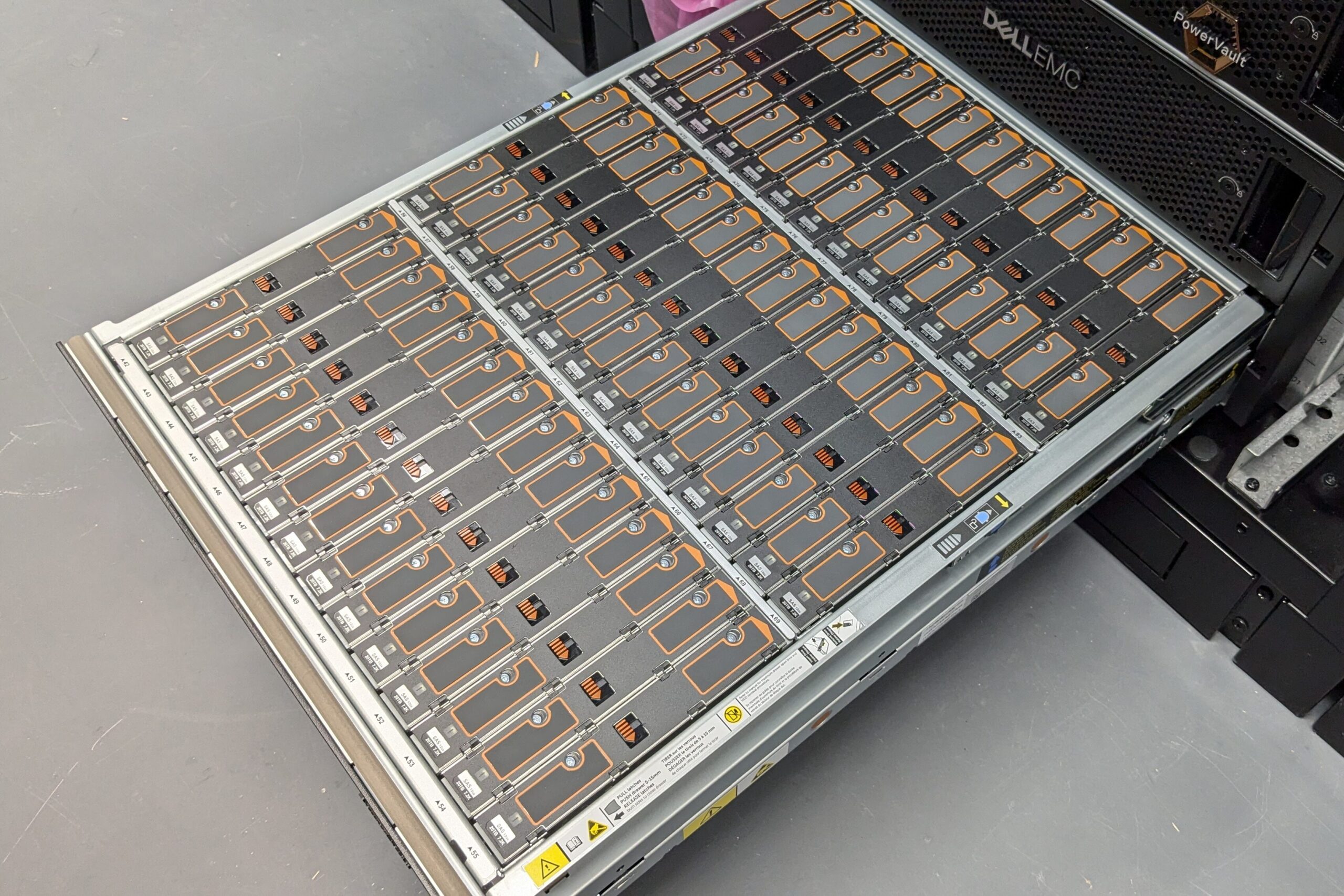High-Performance Computing
The James Hutton Institute hosts the UK’s Crop Diversity HPC (High-Performance Computing) Resource, a platform used by a large group of UK scientific institutions in creating better tools and methods for analysing crop genetics.
This work is essential for developing improved crop varieties, which are crucial to ensuring a sustainable and secure food supply as the global population grows.
HPC powering sustainable agriculture
Much of the computational resource is provided by Graphic Processing Units (GPUs), which are designed with a highly parallel architecture, containing thousands of cores that can handle multiple threads simultaneously. This enables them to process large amounts of data at once, significantly increasing throughput compared to traditional CPUs that typically have fewer cores optimized for sequential processing. They also contain additional specialized hardware for specific workloads, like Tensor Cores for deep learning or machine learning calculations and are particularly suited for training neural networks required by modern AI techniques.
We are deploying these technologies to aid in computer vision tasks like image processing, segmentation, and feature extraction from our high-throughput plant phenotyping platform. This enables researchers and growers to assess large populations of plants efficiently, identify plants that exhibit stress or suboptimal growth conditions earlier in their development, allowing for timely interventions, to help farmers make more informed decisions regarding crop management, or contribute to more sustainable agricultural practices, reducing inputs like water and fertilizer.
Our HPC – which is one of the largest in Scotland – provides researchers with access to incredible compute power, vast amounts of memory, and petabytes of storage capacity, all running on an ultra-fast 100-gigabit network.
Iain Milne, Bioinformatics and Web Svcs ICS



